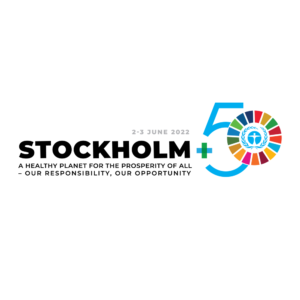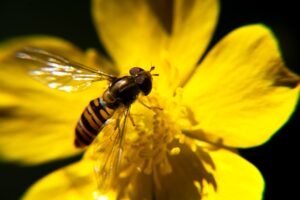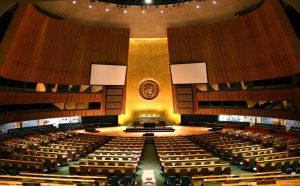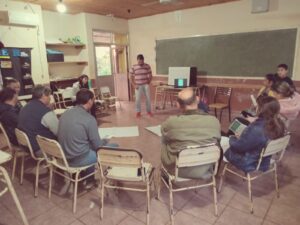Biodiversity at the center of development
When it comes to biodiversity, it is usually done from the perspective of the conservation and survival of animal and plant species. But the value to be extracted from a healthy biosphere is much more than that: nature constantly provides food, water, jobs, and livelihoods, and helps regulate the climate. In addition, it supports all forms of life and economic activities.
According to the latest scientific evaluations, 1 million species of plants and animals – out of a total of 8 million – have been in danger of extinction for a few decades now. It has also been exposed that deforestation and soil degradation have reached unusual levels.
As a leading funder of biodiversity work, the World Bank works closely with countries to support their efforts to conserve and better manage biodiversity in a sustainable manner.
In 2019, the International Development Association (IDA) supported direct investments in biodiversity of USD 619 million, within a multi-sector portfolio of USD 3.3 billion that includes financing interventions in forestry, agriculture, and sustainable livelihoods.
Regarding policy-related measures, the World Bank works to ensure that countries include the value of natural capital and ecosystem services in their decision-making and planning processes. Through the World Sustainability Program, 18 countries are already using natural capital accounting to support policy decisions, going beyond GDP, and placing natural capital on par with built assets such as infrastructure and financial capital.
The World Bank also works with countries to generate income from biodiversity, either by paying for environmental services that can then help cover the cost of biodiversity management or through sustainable tourism.
Currently, there are private capital projects that look closely at the need to develop sustainable economic structures, both in their core and related activities.
Initiatives such as the Greenbond Meter consortium emerge from this complex context. The main objective of GreenBond Meter – Nideport is to create and implement a technological-ecological financial innovation scheme, inaugurating a new concept: ECO-FINTECH. What is innovative about this concept is that it proposes a new world economy of financial businesses destined entirely to the preservation of Natural Capital.
Following the policies and programs implemented by the World Bank, Nideport claims that the global economy and financial systems cannot be contrary to or distant from the imminent need to recover the value of ecosystems. Therefore, the solution that comes from Nideport is that the economic, financial, and technological systems be an active part of the recovery of the World Green Capital.
Source: worldbank.org
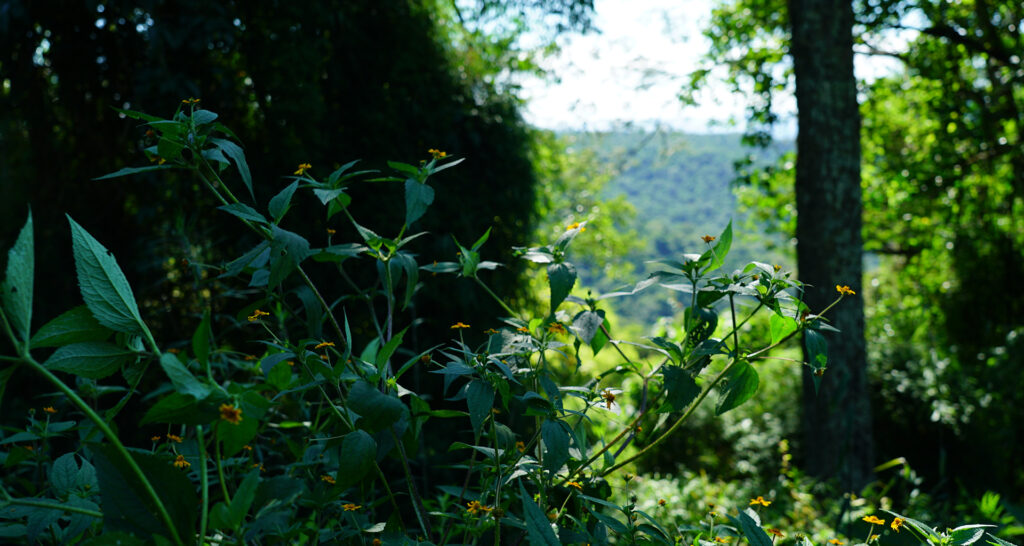
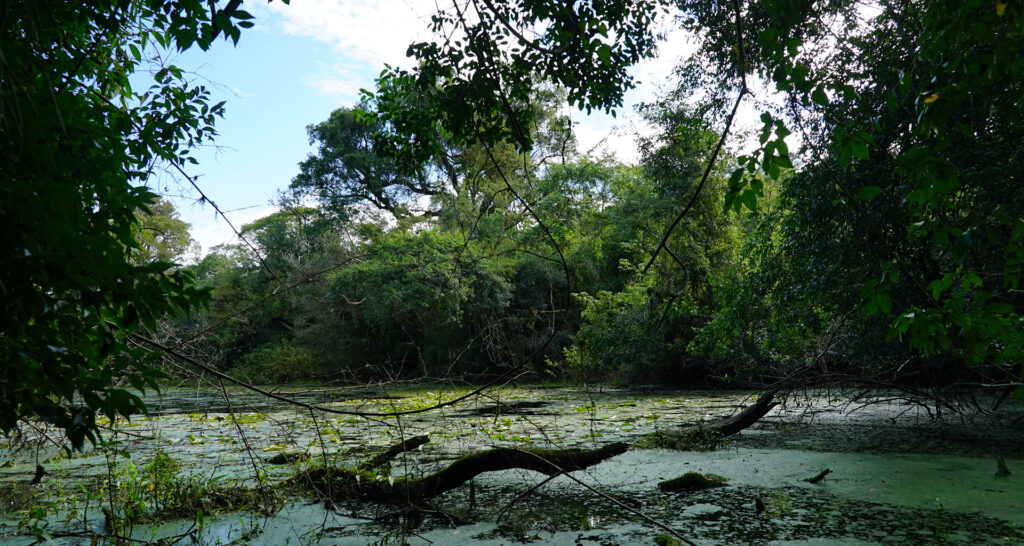
Alecrin annualreport biodiversity carbon credits carbon footprint climate change comunidades locales Consulta Pública Cooperativa Nueva Esperanza CPSI program cruce caballero ECOLOGY ecosystems ENVIRONMENT environmental education environment crisis FORESTS gaia global warming green cross uk gs1 reserve gs1reserve Highlights localcommunity Metodología de investigación social native communities native species natural disasters nature news Patagonia reforestation regeneration Relaciones con la comunidad reserva GS1 Responsabilidad social SDGs STATE OF EMERGENCY stockholm+50 sustainable investment UN UNEP voluntary carbon market woods on fire youth

